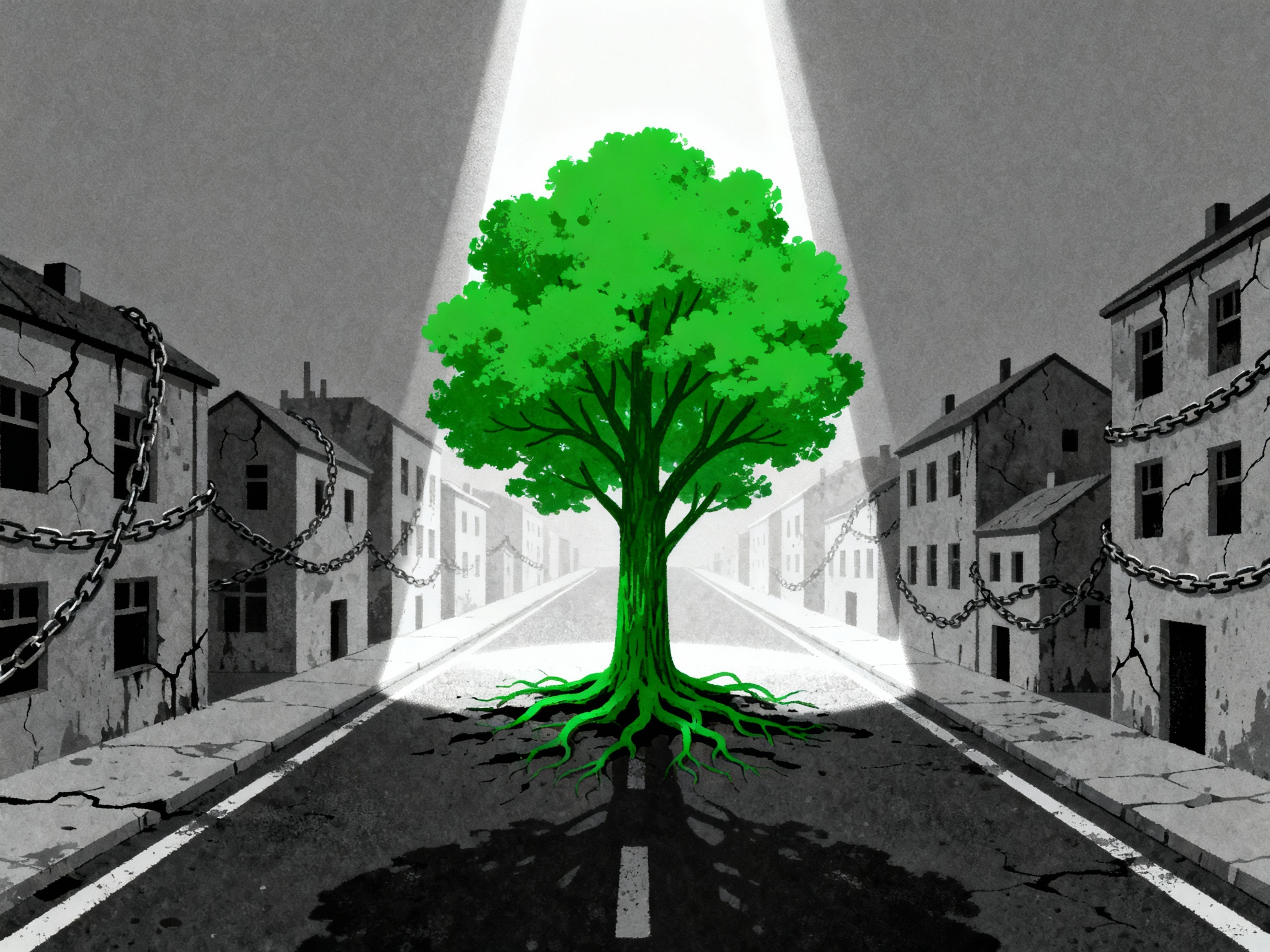
How to live with principles in a country ruled by corruption?
This question is eventually asked by every thinking person living in unjust conditions. Feelings of helplessness, anger, and fatigue are familiar companions. But it is precisely in such moments that our inner principles should become not just a philosophy, but a practical tool.
Short answer: our attitude towards injustice should be active, smart, and principled.
Passive observation and silent agreement are also forms of participation. Direct violence and hatred are a dead-end path that breaks us. There is a third way - the path of conscious, sustainable, and dignified resistance.
At the core of this path are simple and eternal rules:
The dignity of every person is inviolable.
Cruelty and injustice (zulm) are absolute evils. Corruption, theft, disregard for people - all these are its manifestations.
Truth is our weapon, but it must be used for good.
Strength is only a shield for protection, not a sword for attack.
If the system is sick, our duty is not to catch its disease, but to find ways to heal it. And it starts with our personal choice.
Do not be silent. But do not shout. Speak correctly.
So, we have decided that silence is not an option. But how to speak about injustice so that you are heard and not dismissed as a "troublemaker"? Here are some practical rules.
1. Verify before sharing.
In the age of fakes, our responsibility doubles. Before reposting a shocking news or making an accusation, pause. Verify the information from two independent sources. Spreading unchecked rumors harms the common cause and discredits the very idea of truth.
2. Criticize wisely: retell, then dispute.
This is the golden rule. Before criticizing an opponent (official, institution), honestly retell their position so that they themselves could say: "Yes, that's exactly what I think."
Instead of: "They are all thieves!"
Say: "Official X signed a contract with company Y, headed by his relative, for an amount twice the market rate. This looks like a corruption scheme."
Such criticism is indisputable and makes even neutral observers think.
3. Speak in the language of feelings and needs.
This makes your criticism humane.
Observation: "In our area, the playground has been falling apart for five years."
Feeling: "This causes parents to feel anxious and hopeless."
Need: "Our children need a safe place to play."
Request: "We ask for funds to be allocated and a report on the repair timeline."
Such an approach turns you from a complainer into a responsible partner offering solutions.
Remember: your goal is not to crush the system, but to stop specific harm and make it work according to the law.
Do not expect heroism. Start small. Your level of influence.
You don't need to immediately challenge the president. Global changes begin with small, but confident steps. Act at the level where you are now.
Principle "Think globally, act locally":
Your yard, your area. Start by solving problems around you: a broken road, a non-working fountain, an inactive management company. Write a collective appeal, document the problem.
Your profession. Be an honest professional. Do not give or take bribes. Internal integrity is also a form of resistance. You become an "agent of change" within the system.
Your social circle. Speak the truth with friends and family. Break the atmosphere of silent approval. Support those who suffered for the truth.
Your resources. If you cannot criticize publicly, support those who can. This can be financial assistance to human rights organizations, subscribing to independent media, spreading their materials.
Important: use legal and proportional methods.
Writing complaints, collecting signatures, participating in peaceful gatherings, contacting NGOs - these are your legal tools. They are enough to be effective.
How to live? A brief guide for yourself.
So, let's summarize. How to live in conditions of systemic injustice, preserving yourself and your principles?
Personally: Be honest in your work. Treat your work and resources as a trust (amanat) entrusted to you, to be managed wisely.
Socially: Speak the truth in your circle. Support those who are oppressed for their position. Create an environment of trust and honesty around you.
Civically: Use all available legal methods. Write appeals, unite with neighbors, support independent journalists. Document everything - this is your audit.
Ethically: Criticize reasonably, verify information, speak with the aim to correct, not destroy. Remember dignity - both yours and your opponent's.
The third way is not the recklessness of a loner, nor silent submission. It is the path of principled, smart, and persistent opposition to injustice from the very position you are in.
Your strength is not in the loudness of your shout, but in the clarity of your thought, purity of intentions, and stability of actions. Start today. With one post. With one verified fact. With one appeal about a pothole in the yard.
Changing everything is impossible. But making your corner of the world fairer is within the power of each of us.

Leave a comment
Comment